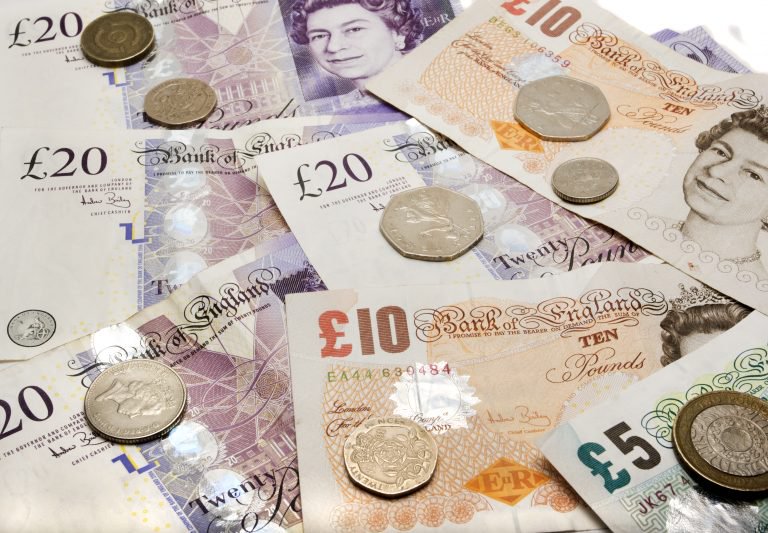England Can Now Use Left-Over Pence to Automatically Buy Bitcoin
source: Bitcoin News
2017. Oct. 07. 14:30

England’s new application Dust links user bank accounts to exchanges, using leftover pence and pounds. Once the requisite amount is triggered, automatically, bitcoin can be purchased as a form of unit-cost-averaging.
Also read: The Satoshi Revolution
Paging Satoshi Nakamoto
The world’s oldest currency still in use since its organic inception, pound sterling has seen its share of battles. Collapsing empire, wars, European Union and then divorce, the British will not be separated from their currency.
That might be changing.
A pseudonymous White Paper caught the imagination of Brits, and now trending numbers are giving up ornate, analog pence and pounds in favor of bitcoin.
It’s getting easier to do more of that.
Dust FS Limited, registered in England and Wales, is rolling out Dust, a spare change smart phone application (app).
It’s the latest such app to compete for passive, smaller, somewhat more long-term cryptocurrency investors.
Acorns Grow, Inc., another United Kingdom company, has a more established customer base in this regard with its app Acorns, and is already gobbling up users in the United States.
Back in August, Monzo (a UK bank specializing in digital payment services) developer Jordan Fish announced his new project, Dust.
The app allows users to go about their day, spending as they usually would.
Dust collects the change from each transaction, rounding as directed, and a predetermined amount is then zapped off to an exchange for bitcoin.
Like Acorns, data is only accessible by the app, and not bitcoin nor pence, pounds, dollars.
The Wee Investor
With talk about bitcoin revolving around giant dealers and whale investors, change-gathering applications are a welcome innovation for the wee investor.
Not everyone has megabucks to toss about.
A great many can identify with car cup-holders sloshing in loose change. Surprise comes when they’re emptied, finding a tidy sum previously unrealized.
In the digital financial age, such discoveries are becoming a thing of the past.
Users will inevitably buy on the valley and on spikes, but over time will accrue what is known as dollar-cost-averaging.
The good news is, apps such as Acorns and Dust revive that pleasant unthinking savings and put to it to work. Small amounts invested over time can add up to a nice chunk, assuming historical growth returns.
It’s an entrance into a market seemingly untenable for the smaller investor.
With a bitcoin price steadying at 4000 USD, give or take, as of this publication, and the sometimes notorious swings and dips, wee investors are often puzzled as to when or even if they should pick up bitcoin.
Small change-collection apps eschew such worries on all counts.
Users will inevitably buy on valley and spikes, but over time they will accrue what is known as unit-cost-averaging (UCA).
From Pounds to Dollars
UCA is a sound way to experience bitcoin’s exciting ride, though in finance there is argument about its comparative advantage to lump-sum investing.
Again, a great many folks simply don’t have the lumps.
Dust is in its infancy stages. It collects users in allotted amounts to help with scaling and bugs. It’s aided by Plaid Technology, Inc.’s (PTI) integration service platform, Plaid.
PTI is well-connected in the financial technology banking space, boasting partners such as Goldman Sachs, Citibank, and American Express.
This will allow Dust to venture beyond the United Kingdom and into the potentially lucrative market in the United States.
What do you think? Will change-gathering apps become a way for smaller and less active investors to gather bitcoin? Let us know in the comments below.
Images courtesy of: Anglotopia, Twitter.
At Bitcoin.com there’s a bunch of free helpful services. For instance, have you seen our Tools page? You can even lookup the exchange rate for a transaction in the past. Or calculate the value of your current holdings. Or create a paper wallet. And much more.
The post England Can Now Use Left-Over Pence to Automatically Buy Bitcoin appeared first on Bitcoin News.





